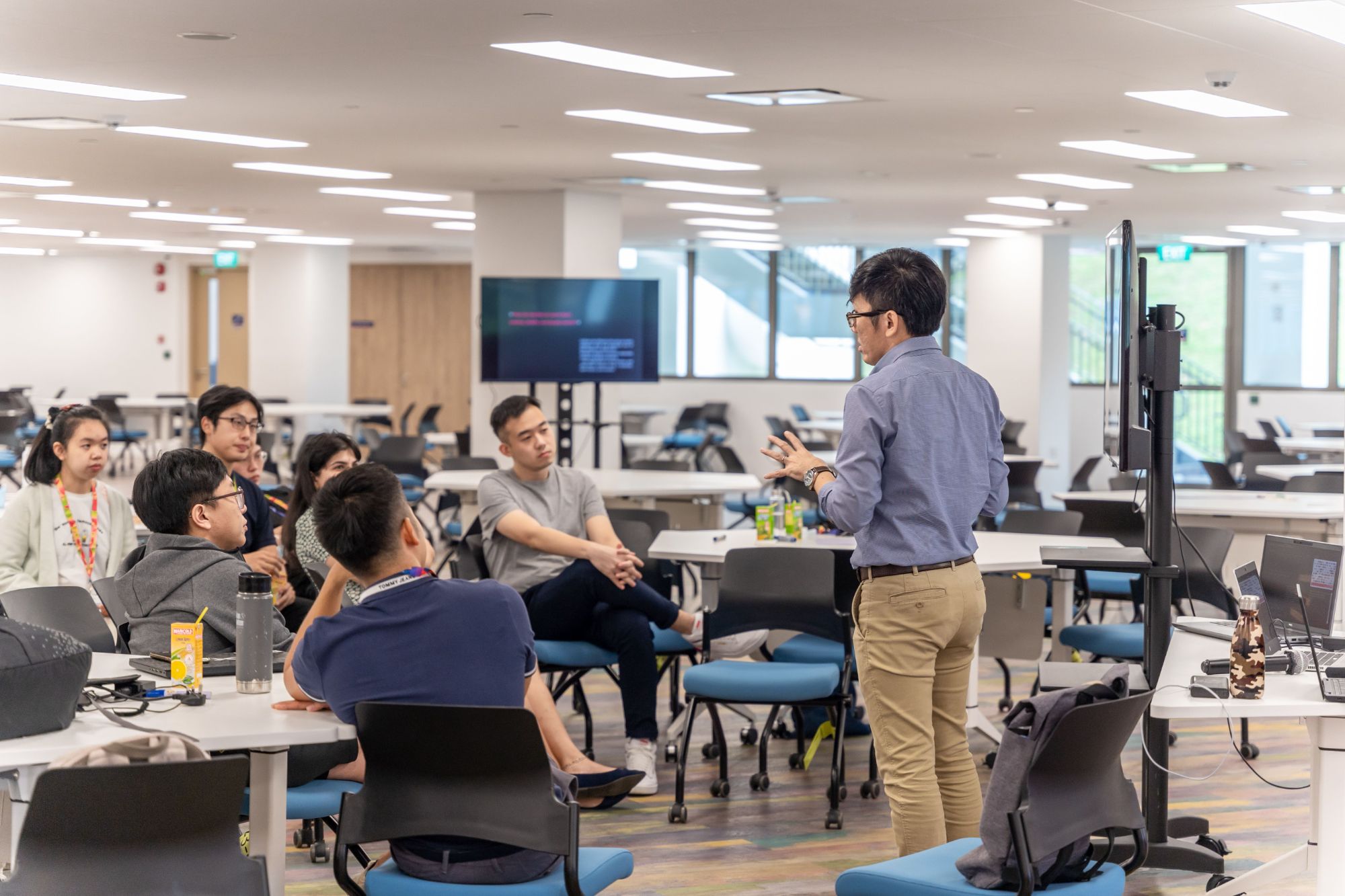Access Arrangements and Psychological Assessment
Level the playing field for classes and exams through
access arrangements or explore psychological assessments for
a disability diagnosis.

Exams and Classroom Access Arrangements
Effectively participate and demonstrate your knowledge in class and exams without barriers. Explore adjustments to course instruction, learning materials or assessments for barrier-free learning.
Funded Review or New Psychological Assessments
Pursue funded review psychological assessment, for applying access arrangements, accessing learning support services, or obtaining assistive technology.
Students who suspect they have a disability can also seek funded assessments. However, if no disability is diagnosed, they will be responsible for covering the assessment costs.

